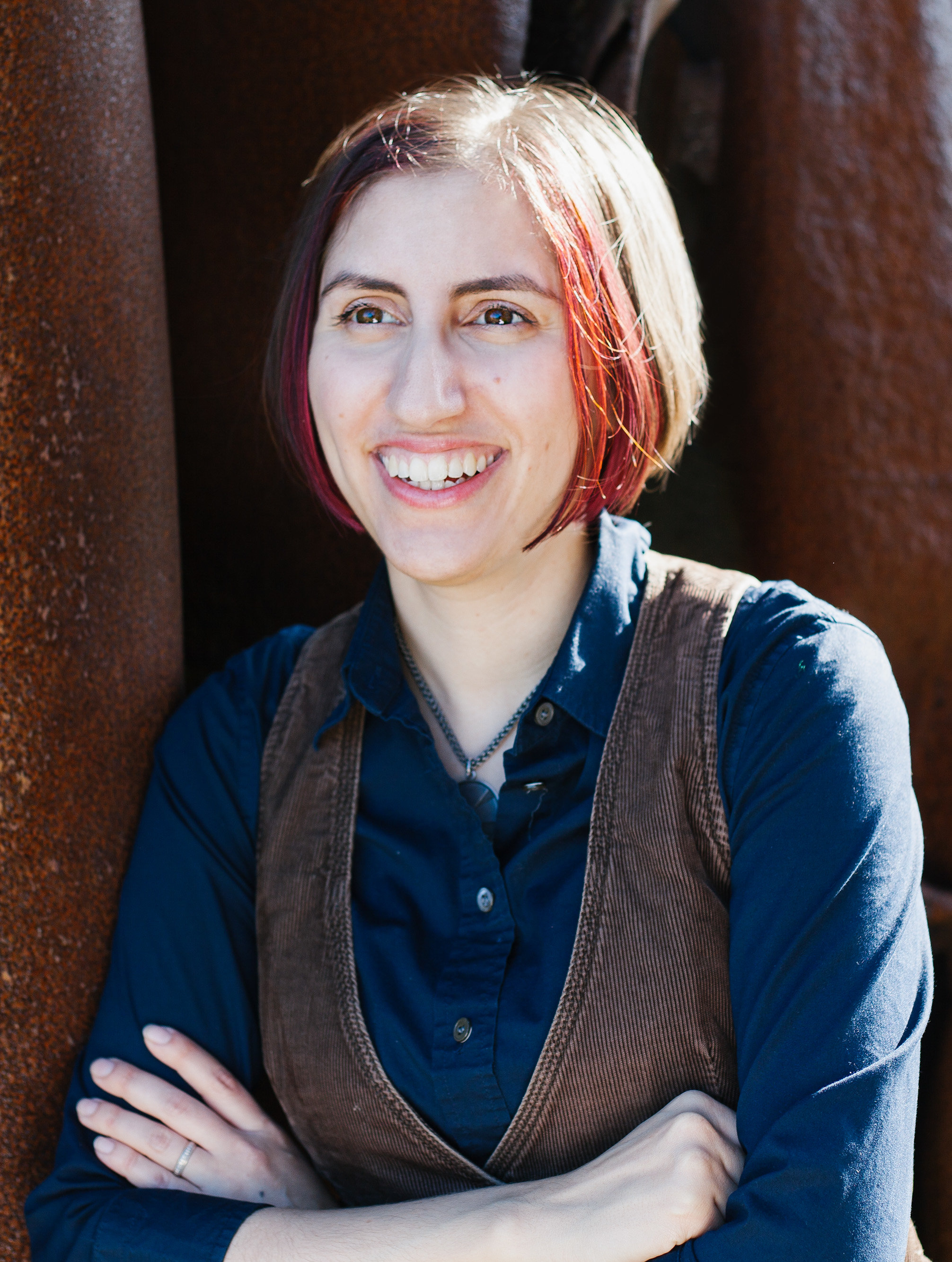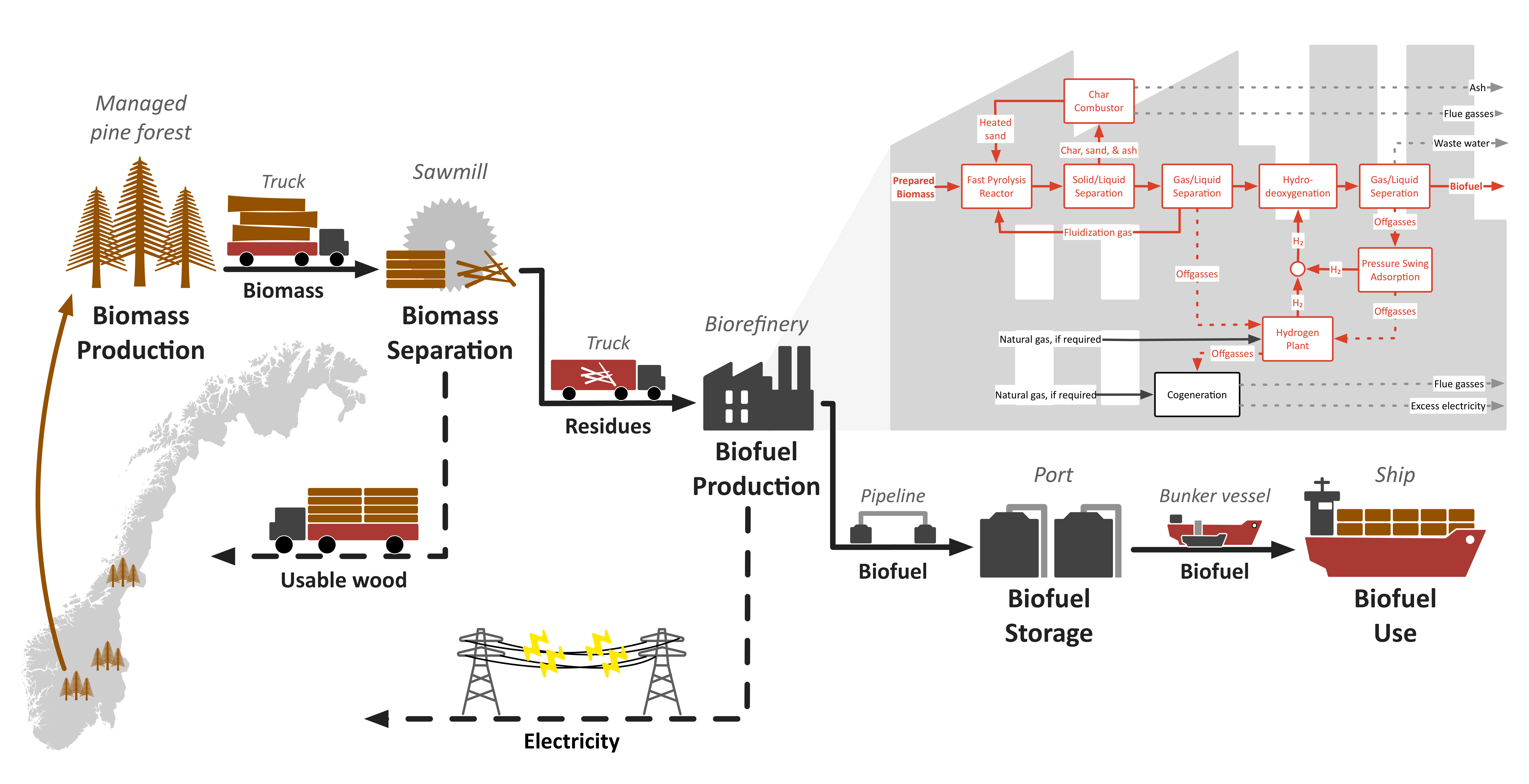Ir. Samantha Tanzer
Faculty of Technology, Policy and Management

Samantha represents a new generation of students who, on the one hand, seek to achieve a deep understanding of technologies, and on the other hand, wish to understand the performance of technologies in the larger societal context.
Samantha’s master thesis tackles a challenging topic as it requires a deep understanding of many concepts, systems, technologies and methods to design and assess bio-based supply chains and conversion technologies, while considering different geographical contexts.
Samantha has consistently delivered work of high quality. The methodology used in her thesis is built upon state-of-the art knowledge, and the results are highly relevant for the biofuels field, both in academia and industry. Her work will be published in two articles.
The best recommendation I can provide is the fact that I was so impressed by her and the quality of her work that I invited Samantha to apply for an opening PhD position in my own group. I am happy to tell you that Samantha has started her PhD thesis this September.
prof. dr. ir. C.A. Ramirez Ramirez
Plant + Boom = Boat + Vroom:
A comparative technoeconomic and environmental assesment of marine biofuel production in Brazil and Scandinavia using residual lignocellulosic biomass and thermochemical conversion technologies.
Seafaring vessels emit huge quantities of toxic sulfur dioxide, as well as 3% of global carbon dioxide emissions, set to increase to 17% by 2050 if nothing is done. Clean energy options for ships are limited, but one attractive possibility is biofuel made from agriculture and forestry wastes. But are they viable in the near term?
This thesis modelled 57 biofuel systems, including supply and demand, detailed production processes, capital and operating costs, and life cycle environmental impacts. This study, the largest of its kind for maritime biofuel, harmonises disparate research to allow stakeholders to compare different combinations of feedstock and refinery location for three early-stage biofuel production technologies. The results highlight several promising options along with the important uncertainties that need to be addressed to improve their economic competitiveness and environmental performance.
The model was designed to be a platform for future research and is available at http://concoctions.org/biofuel

